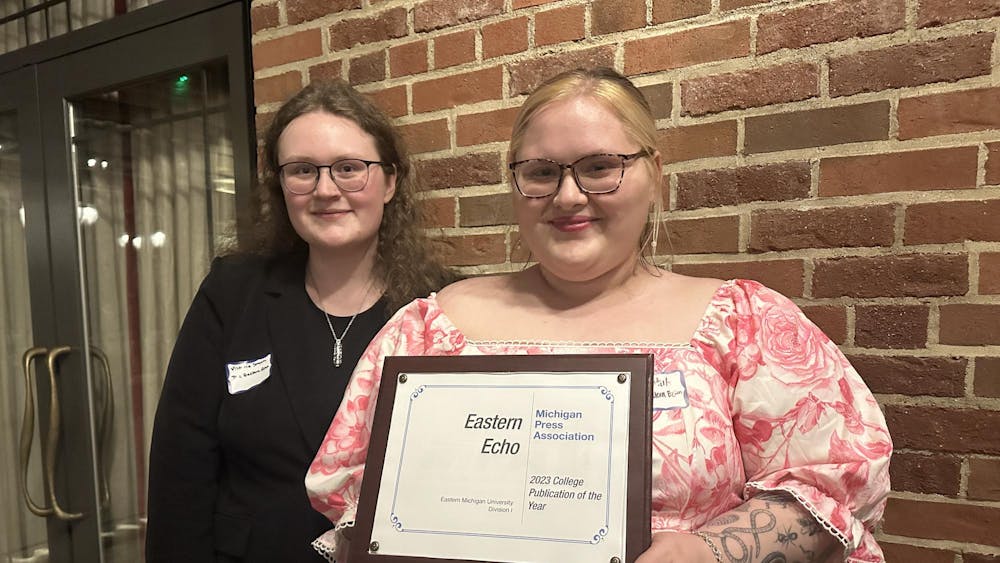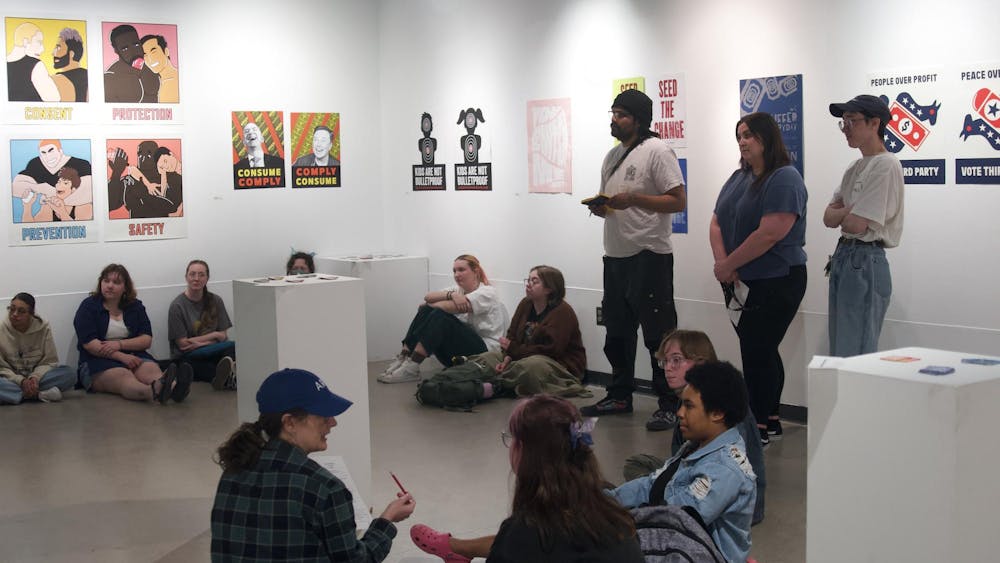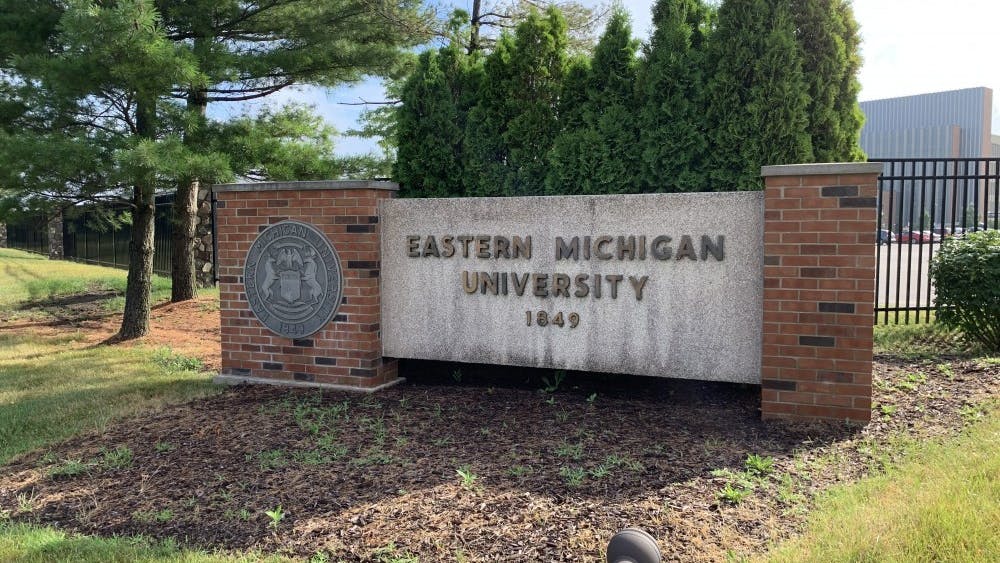I found your editorial on the need to deploy U.S. troops to fight ISIS (“The case for boots on the ground: why the U.S. should send ground troops to fight the Islamic State” by Mathew Weick) most stimulating and thought provoking. I have been wondering when a good foil for my own thoughts on the subject would come around, so I was delighted to read your piece.
I’d like to start by suggesting a few precedents in warfare. Let’s begin with World War II and the development of the atomic bomb. There is a little known volume by Werner Heisenberg (cofounder of quantum mechanics in the mid 1920s with his friend from Denmark, Niels Bohr) entitled “Beyond Physics,” wherein Werner talks about his extremely difficult decision to stay on in Germany during Hitler’s rise to power — in order to divert the research program away from explosive devices and confine it to research in nuclear energy as a source of power alternative to petroleum. Dig a little for yourself and you may find that General Rommel, a career general who despised politics, may well have been on the side of the Americans toward the close of the war, preferring to stay in North Africa, even after his favorite adversary General Patton left the continent in order to marshal troops up towards where they were needed to shore up the Allied armies around the Battle of the Bulge. Some believe that Rommel was burning oil wells in North Africa to keep the petroleum away from allied hands. Yet it seems to me that he was well aware that Germany had no petroleum reserves to speak of, while America had plenty. In other words, General Rommel was by then fighting on the side of human reason, rather than for Hitler’s maniacal idea of “Deutschland uber alles.” Enough said on the ETO side? (European Theater of Operations.) In the PTO, you may consult primary sources to the effect that the last Emperor of Japan, a certain Hirohito, was invited by President Truman to send emissaries to the test out on an atoll in the Pacific, as a diplomatic maneuver, so that the Japanese might witness for themselves the horrific destructive power of the bomb, before putting into effect any contingency plans for an attack on Japan. The emissaries unfortunately were unable to persuade the emperor to abandon his last-ditch efforts to secure his homeland against invasion, and so the concerted attack on two Japanese cities, Hiroshima and Nagasaki, ultimately went forward.
A little further on in the history of U.S. military conflicts, President Truman, you may discover for yourself, ordered his General, Douglas MacArthur, to halt the troops at the 38th parallel (latitude) after having beat back the advance of the North Korean troops in South Korea. It would have been a relatively minor surgical operation, but for the fact that General MacArthur, still reeling in overconfidence from his triumphant return to the Philippines towards the close of World War II, decided to press on regardless of the orders of his Commander-in-Chief, and sit with his forces on the banks of the Yalu River, daring the Chinese to enter into war. This eventually led directly to Pork Chop Hill, a machine gun battle much more bloody and costly in terms of American lives than anything that ever transpired during the Vietnam War era — which was the conflict that confronted my generation.
I won’t say anything about that conflict other than to direct you to look up a bibliography of books by the Israeli American social scientist, Amitai Etzioni, who started his academic publishing career back in 1961 with a book called “The Structure of Complex Organizations.” It was a few years later in the mid-60s, as I recall, that he came out with a slim little volume advocating that we help to establish regional security forces in the various so-called hotspots around the world as an alternative to direct intervention by the United States of America. I thought it was a brilliant idea at the time and my debate partner, Joel Marcus, and I used it as a source for developing a counter-plan, whereby we switched from affirmative to negative in the year where the national topic for high schools happened to be: “Resolved: that the United States limit its foreign aid to nonmilitary assistance” if my memory serves me well, this was the topic in the fall of 1966/spring 1967. Joe and I were pretty bored taking the affirmative side throughout the fall of 1966, as we met no significant arguments to the contrary in the opponents we happened to face who took the negative. But by the end of the season, when our varsity team was off competing with a traditional state rival in the “big” tournaments leading up to the State Championship. We had a pretty good time meeting our former competitors in the affirmative who were junior varsity like us; pinch-hitting for their varsity teams as well.
Allow me to close by highlighting two salient facts that move me to advocate the use of diplomacy rather than direct intervention, in times such as we find ourselves now. First off, the so-called Islamic State is not keeping with the spirit of the true followers of Mohammed at all, rather based on a misunderstanding of the Persian word “jihad,” which has to do with a spiritual quest for ultimate meaning and value in human living. Second, while ISIS may harbor a component of its military “arsenal” that happens to use conventional tactics of warfare for the moment, this fact does not necessarily imply that this is all they have up their sleeves. Perhaps I have been able to sketch why I personally prefer the admirable restraint of our current president, Barack Obama, in handling the situation throughout the near and middle east, and why I applaud the courage and hardiness of the Kurdish fighters especially.








